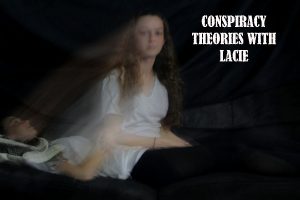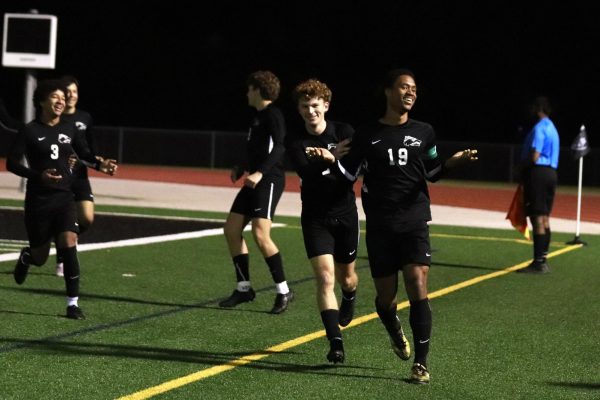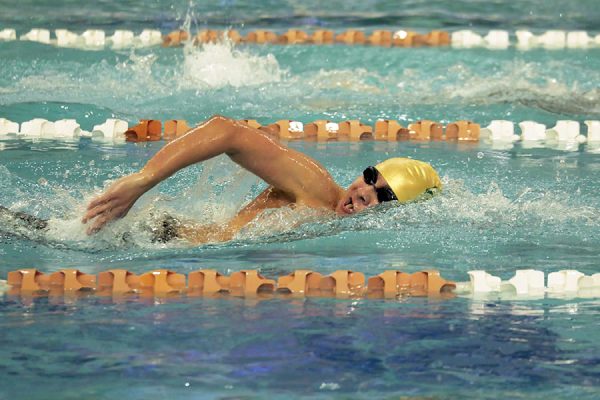To Infinity And Beyond
Alumnus Working on NASA’s Next Lunar Mission
Alumnus Jorge Chong poses in front of the Orion spacecraft used in NASA’s Artemis I mission, the first phase in the Artemis program’s plan to land the first astronauts on the moon in over 50 years. Chong is one of the engineers responsible for the next groundbreaking lunar mission. “I began becoming very interested in aerospace in high school and started becoming passionate about it then,” Chong said. “I honestly thought I would work in the aeronautics sector, working with aircraft and airplanes. I didn’t anticipate working with spacecraft or working in the space world at all. So that was kind of unexpected, but that’s where the doors ended up opening, and it became something that I really love.” (Photo Courtesy of Jorge Chong)
March 14, 2023
Graduating in 2012, alumnus Jorge Chong is now working at NASA as an aerospace engineer handling navigation systems on the latest Artemis mission launches and collaborating on some of the latest innovations in the world of space exploration. The Artemis missions, of which the first one finished on Dec. 11, will eventually lead to the first astronauts to step foot on the moon in over 50 years, which he said may lead to further exploration and even a waypoint to Mars.
“Over the course of the next several missions, we’re working on building a space station around the moon called ‘The Gateway,’” Chong said. “And it’s basically going to be a long-term lunar base where they can have astronauts living there doing research and experiments for extended periods of time. One of the objectives is to spend some time at the South Pole of the moon. They’ve identified a lot of ice, which gets you hydrogen and oxygen, which are two components used in rocket fuel.”
While not originally having the goal of working at NASA in high school, Chong quickly became passionate for flight and aerospace concepts, taking inspiration from his teachers.
“Leading up to the [Artemis I] launch, I really felt like it was the first major mission of my career so far,” Chong said. “And I was just looking back on starting work at NASA, all the engineering classes in college, and then the teachers who’d helped me get there starting in elementary, middle and high school. And I just wanted to bring them into the experience and acknowledge that they directly contributed to me being able to be a part of all this now.”
One of those teachers is English teacher Michelle Iskra, who said she noticed various things about Chong during her time teaching him.
“He was excited about school, he cared about school, he was very interested in what he was learning and responsible for what he was learning,” Iskra said. “That was kind of his default. He’s also a pretty self-motivated person. So there weren’t a lot of days when he was really down. And I have the feeling that whatever it was that happened to him if it were challenging – like sometimes, when I would talk to him about his work, he was always very receptive to critique and responsive to that and wanting to improve.”
With the goal of reaching out to students and encouraging their passions, she hopes to inspire any interests or passions through her class, not just English.
“So I have what I call my diabolical plan for all of my students, and that is to help you, like fully realize your own potential, whatever that is,” Iskra said. “And one of the beautiful things about literature, and specifically poetry and other more complicated literary styles is that it teaches you to think critically, and to look at problems from a number of different angles. And what that does for you – as an engineer, for example, or mathematician or what have you – it provides you with an opportunity to say, ‘Well, this is one way of looking at it, perhaps there is another,’ instead of the very linear thinking that engineers and mathematicians are known for – of course, until you get into theoretical math or things like that. So my hope is always that I don’t waste anyone’s time, that there’s something for everyone, because most people are not that interested in majoring in English. Though I have had some English majors in the past and students who became teachers – English teachers, specifically – that’s not my goal. It’s to get you to think for yourself to think critically, and to learn how to solve problems in a myriad of ways.”
According to Chong, he developed a love and interest for aerospace concepts with the support from his teachers, as well as his desire to learn more about his favorite subjects. Chong said he has advice on how students can pursue whatever interests them.
“I would definitely encourage students to explore the things that excite them, and that they feel any kind of passion about,” Chong said. “I was really interested, just independently motivated to learn about aerospace concepts, I was fascinated by the idea of human flight. And that was the thing that was fueling my imagination in high school. And so it just kind of became natural to gravitate towards that as a concept and to study that when I got to college. So I would say for students that are unsure what they might want to do, I might just encourage them to kind of feed their passions a little bit and see what comes naturally and treat them and explore different things.”
Her passion and interest in her student’s success, Iskra said, has made an impact on the student body and, for students like Chong, leads to the success they see throughout college and beyond.
“I have a lot of students who reach out after they’ve graduated, things that they will tell me about something that happened on a particular day that stuck with them,” Iskra said. “My goal in their time here is to give them a springboard into what they want to do. My hope is that each person who comes through my door learned something about themselves, and what they really aspire to as human beings. And then, of course, professionally, but I’ve had a lot of students come back and say, you know, ‘I learned this in your class, or I missed this about your class.’ And the goal isn’t to have them come back and think about me, the goal is for them to have something that they brought with them into their lives that they felt was of value. And that’s always my hope, that they find it within themselves. That whatever it was, what I was sharing meets them at some level and [makes] them a little more enlightened and [brings them] a little [more] higher-level into the world.”

![Posing with their UIL State Trophy, the Robolobos Van Halen Team beams with excitement after their win. “It was a team effort,” junior Noah Vo said. “I was happy because something happened in the first match and the match was also really close. So [when] they finally revealed it, I was pretty happy.” Photo courtesy of Amy Lovelace](https://cphswolfpack.com/wp-content/uploads/2025/05/IMG_0910-EDIT-1200x723.jpg)
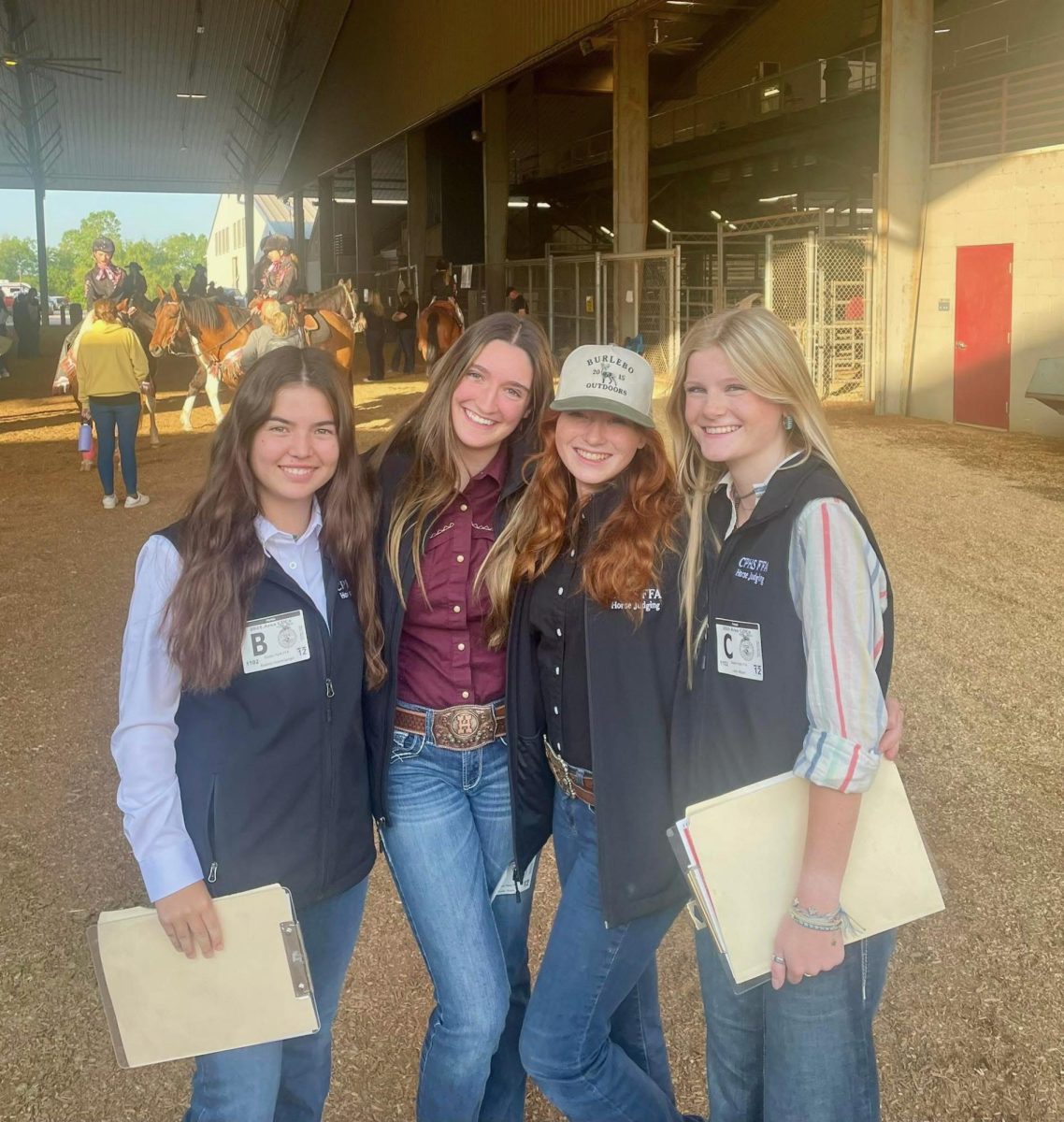
![Broadcast, yearbook and newspaper combined for 66 Interscholastic League Press Conference awards this year. Yearbook won 43, newspaper won 14 and broadcast took home nine. “I think [the ILPC awards] are a great way to give the kids some acknowledgement for all of their hard work,” newspaper and yearbook adviser Paige Hert said. “They typically spend the year covering everyone else’s big moments, so it’s really cool for them to be celebrated so many times and in so many different ways.”](https://cphswolfpack.com/wp-content/uploads/2025/05/edited-ILPC.jpg)











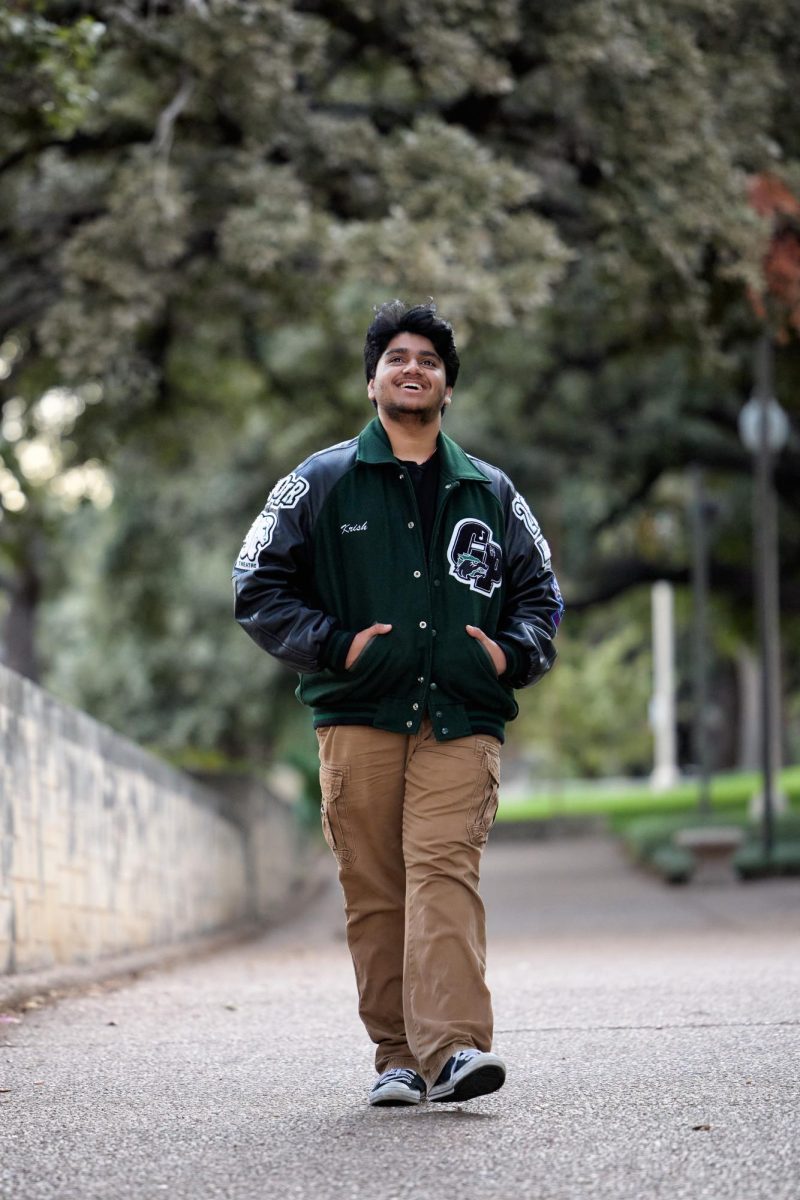

![Bringing her arm over her head and taking a quick breath, junior Lauren Lucas swims the final laps of the 500 freestyle at the regionals swimming competition on date. Lucas broke the school’s 18-year-old record for the 500 freestyle at regionals and again at state with a time of 4:58.63. “I’d had my eye on that 500 record since my freshman year, so I was really excited to see if I could get it at regionals or districts,” Lucas said. “ State is always a really fun experience and medaling for the first time was really great. It was a very very tight race, [so] I was a bit surprised [that I medaled]. [There were] a lot of fast girls at the meet in general, [and] it was like a dogfight back and forth, back and forth.” Photo by Kaydence Wilkinson](https://cphswolfpack.com/wp-content/uploads/2025/03/Kaydence-2.7-23-edit-2.jpg)
![As the support team sits and poses for a photo in the cafeteria with the counseling team they eagerly wait to start their day. "We [all] seem to be a team, I get up every day and there's days where I don't want to go to work today, but I'm thankful that I have a job and I'm blessed to have what I have," Christopherson said. Photo Courtesy of Julie Weltens.](https://cphswolfpack.com/wp-content/uploads/2025/01/AF9E8470-10D7-4C91-BF28-EC8F86BAB66C-1200x852.jpeg)
![Officer Stephanie Cash is in her second year as an SRO at CPHS. “Seeing [students] grow over the years has been kind of cool,” Officer Cash said. “Freshmen that [are] all over the place and then in the next couple of years get a little more squared away and go to class and do work and start thinking about the future. Being a part of a student's growth is the best way to measure my success as an SRO.” Photo Courtesy of Cedar Park Police Department's PIO, Alicia Gallagher.](https://cphswolfpack.com/wp-content/uploads/2024/12/CPHS-SRO-900x1200.jpg)
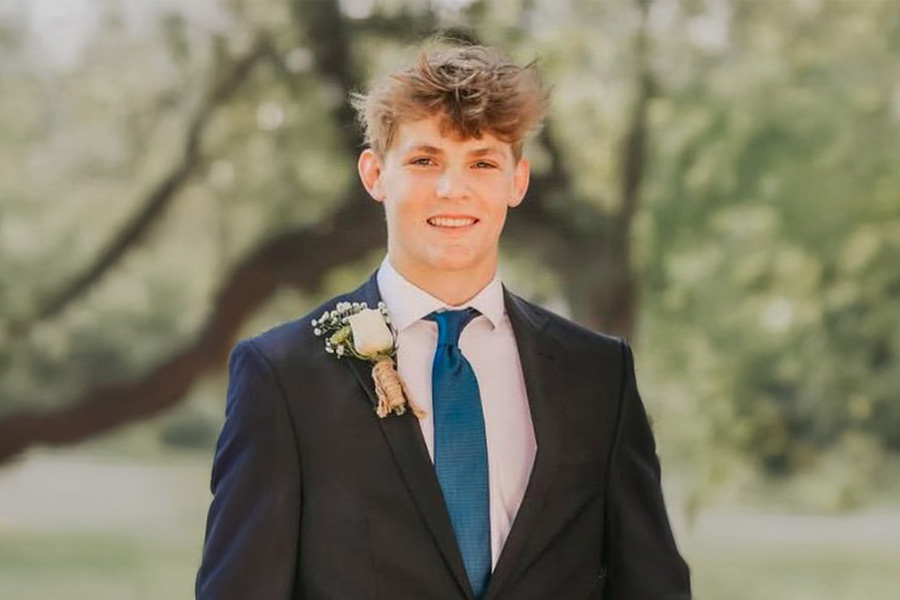

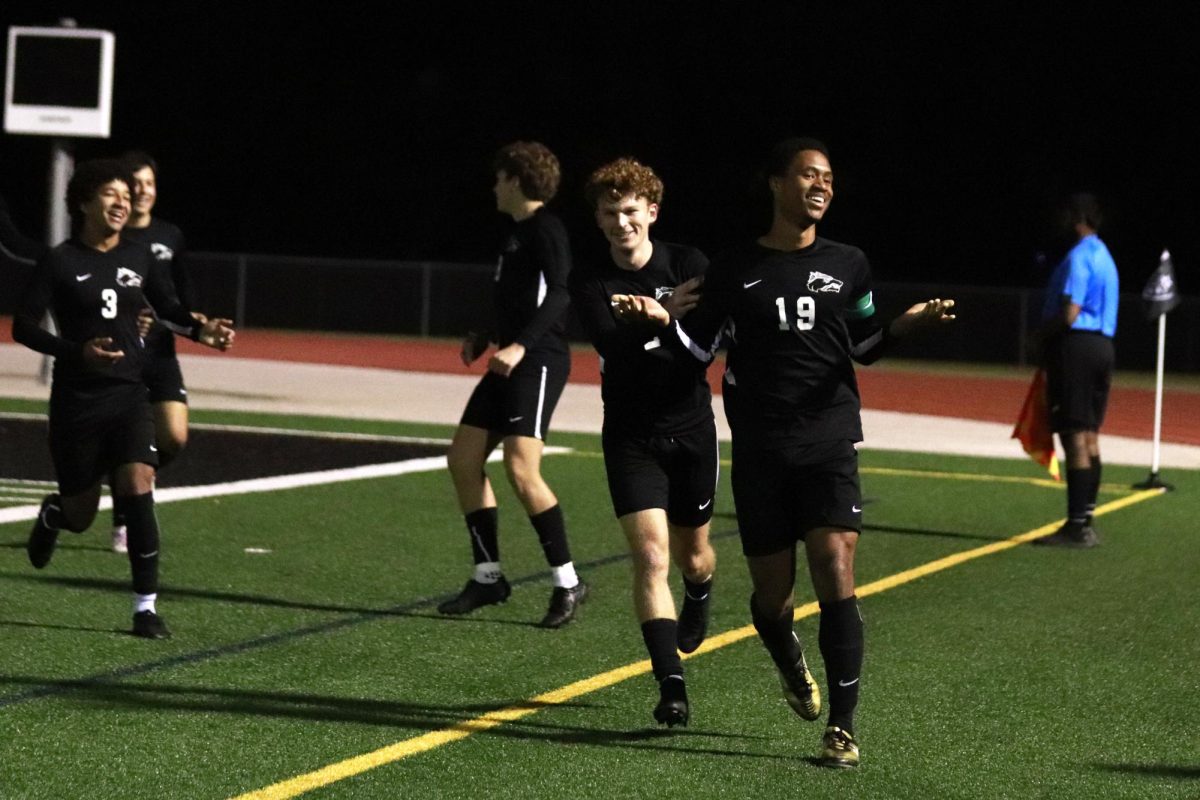
![Taking a breath as he raises his arm up and out of the water, sophomore Kaden Padilla swims the 500 freestyle at the UIL state meet on Feb. 21-22. Padilla placed 10th overall and second in the consolation final in the event, dropping two seconds. “My family was there, so being able to drop time for them was really special,” Padilla said. “It was awesome [finding out I advanced to the consolation finals]. I wasn’t expecting it, and I was very surprised. My parents being there definitely made me a lot happier knowing they got to see me swim in finals.” Photo by Skyler King.](https://cphswolfpack.com/wp-content/uploads/2025/03/kaden-padilla.jpg)

![Three defenders try to stop senior point guard Hope Edwards before the ball leaves her hands. The girls basketball team faced Liberty Hill on Feb 21, losing 58-40. “[My season was] definitely bittersweet,” Edwards said. It's definitely sad [because] I'm gonna miss all my teammates, my coaches and just the whole CP environment.”](https://cphswolfpack.com/wp-content/uploads/2025/03/julia-128-1200x800.jpg)













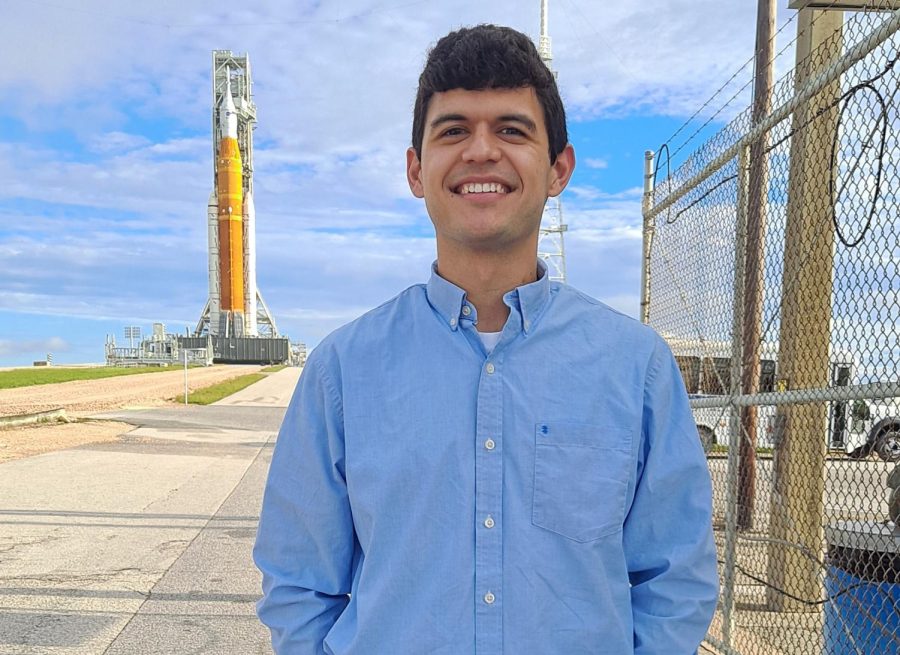
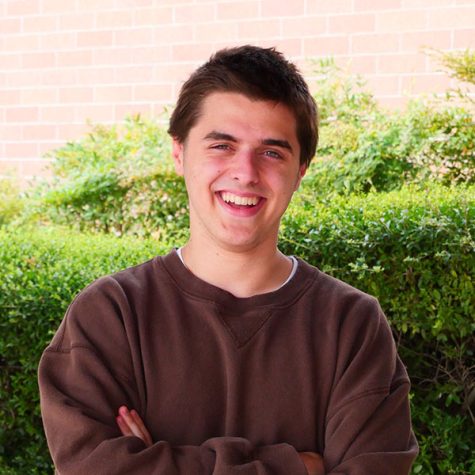
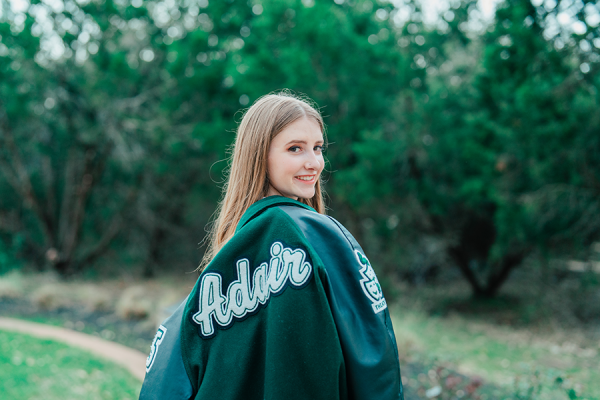

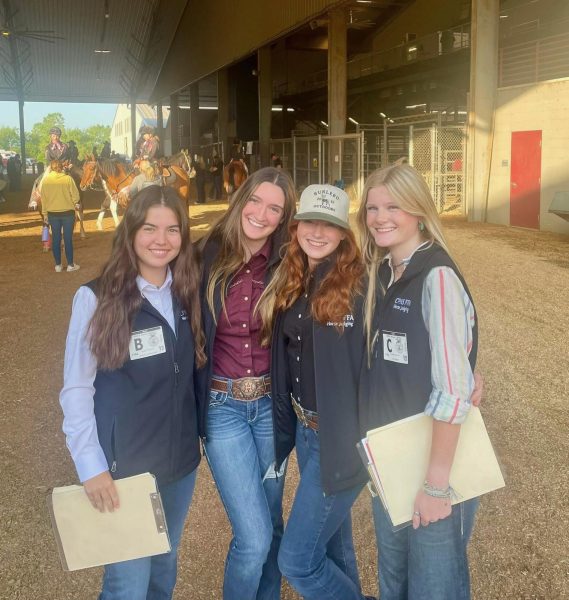
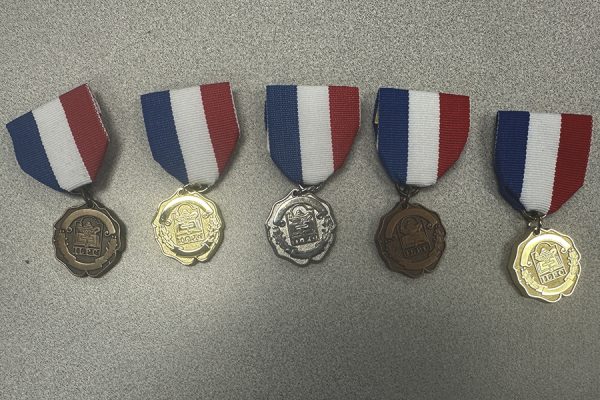


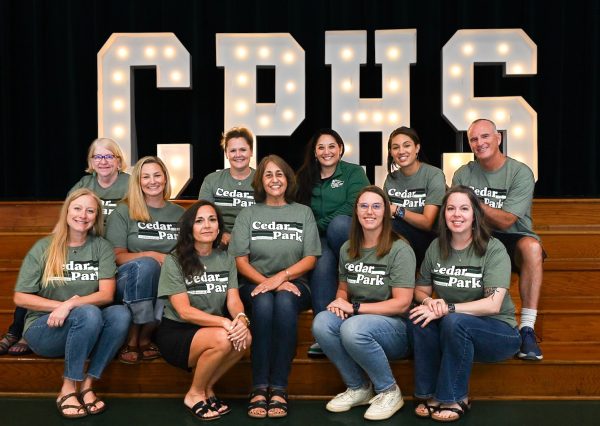
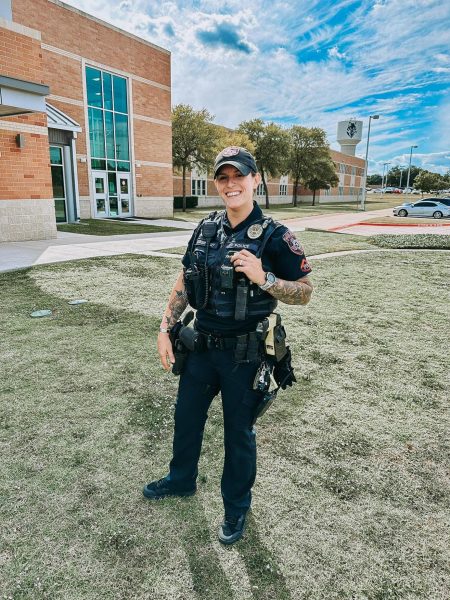

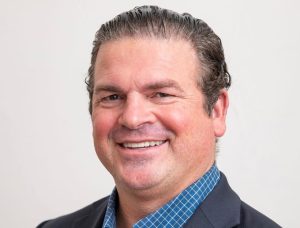
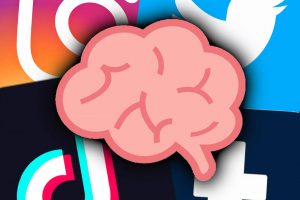
![Whereas classical art depicts a scene and tells a story, often of mythology or religious references, artists of modern times focus more on expressing ideas and feelings. The style of back then has since been replaced by splashes of color, curvy lines and other new art techniques. "[Over time] I think art has shifted more to emotion rather than human beauty, " sophomore Braeden Murray said. "Modern art is significantly more abstract and doesn't have an obvious theme in mind. Very simple shapes, no people to be seen, and more colorful. I think in the older [time period] the art was definitely more human based, with biblical [references] while modern art is more emotion based because it's not depicting a particular scene or action that's happening.”](https://cphswolfpack.com/wp-content/uploads/2023/02/2023-vs-1503-300x200.png)
